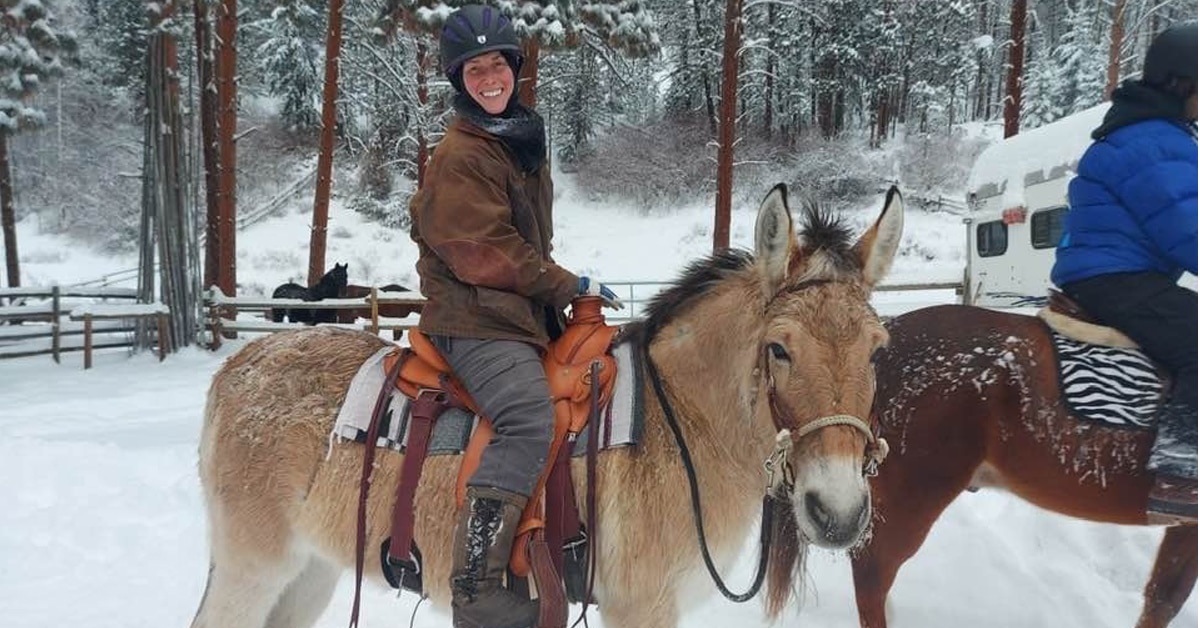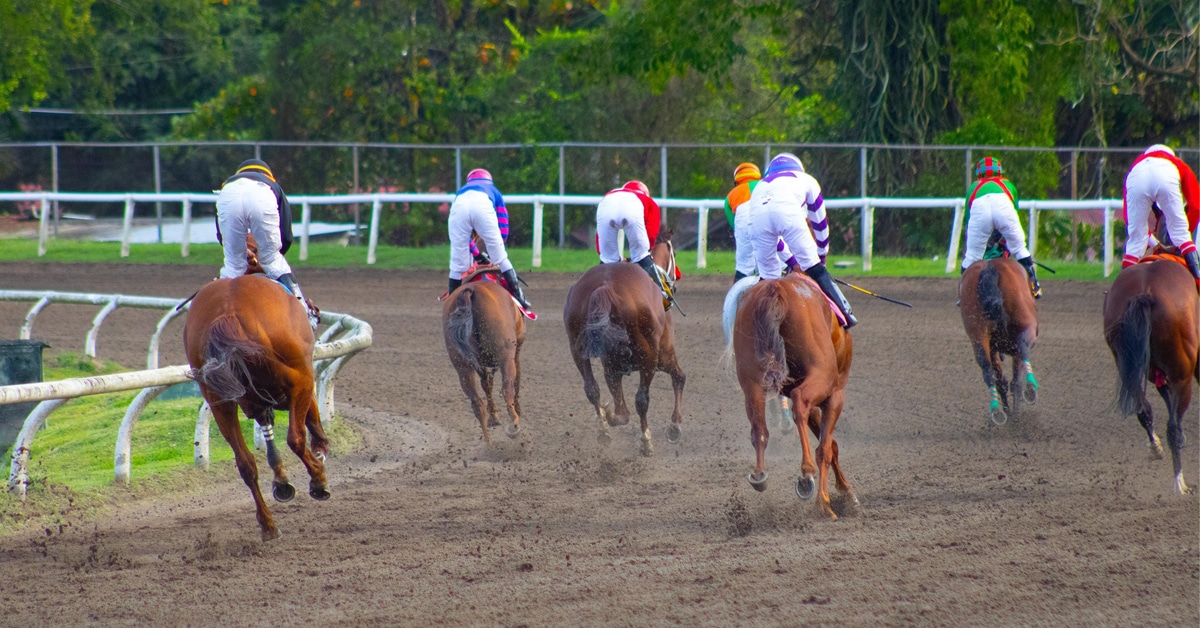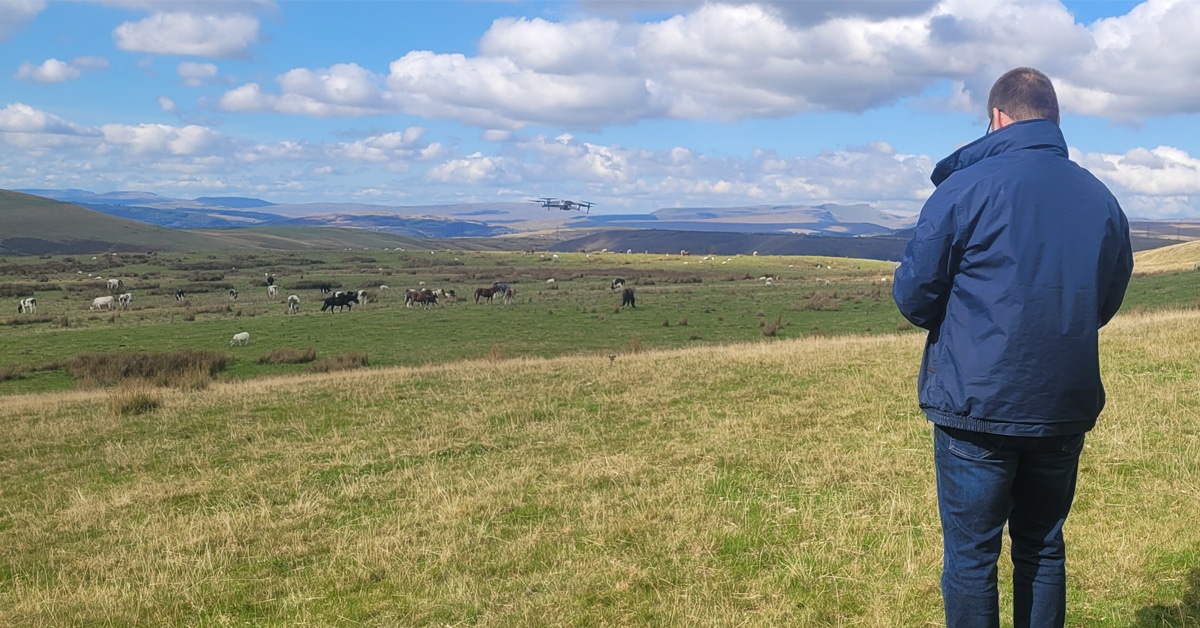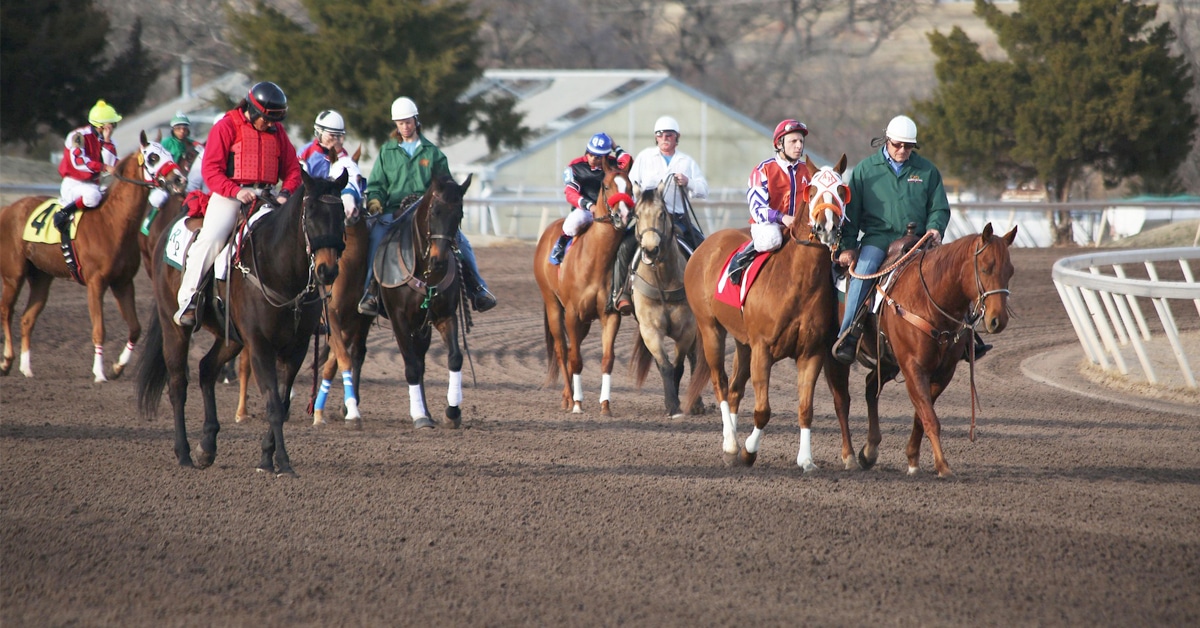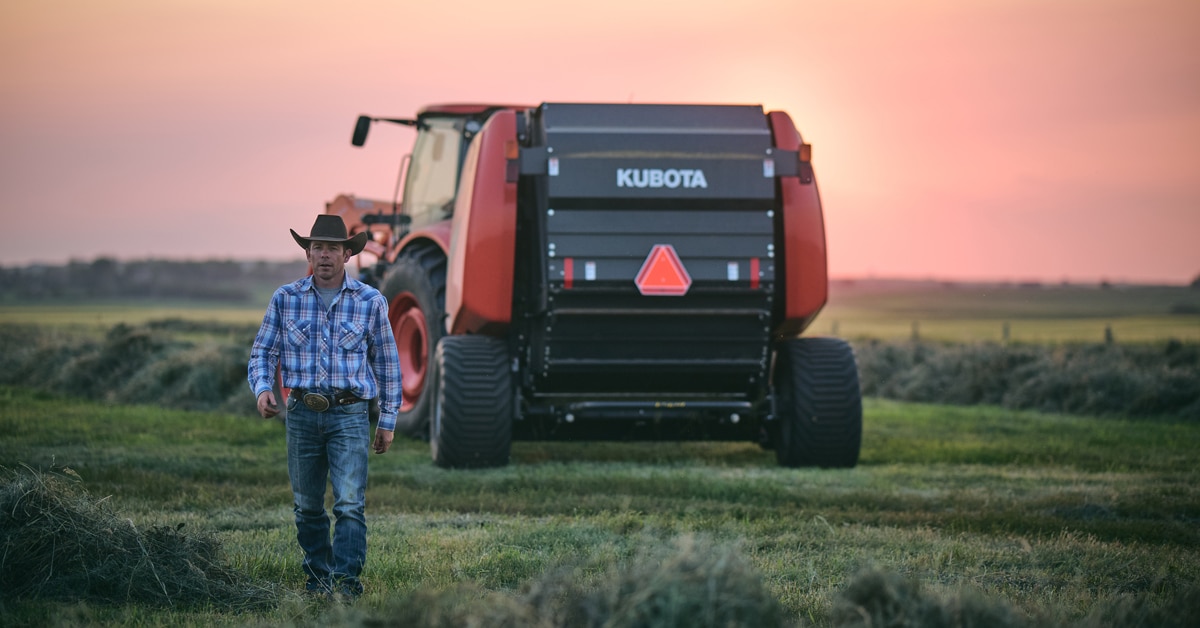Dr. Kathleen MacMillan of the Atlantic Veterinary College believes that when it comes to colic, there is really only one truth that stands across the board: call the vet. “I think that the average horse owner has some baseline knowledge of colic, but not all have experienced it in their own horse,” she said. “The biggest mistake owners make when suspecting colic is not calling their veterinarian quickly enough. I always tell my clients that if they are unsure or concerned, simply call and we can discuss it. This keeps the lines of communication open and can provide earlier examination of the horse for diagnosis and treatment.”
Another mistake Dr. MacMillan sees being made is the hay and grain not being removed at the onset of the symptoms. “When explaining impactions to my clients, I use the analogy of a 50-car pile-up on the highway,” she said. “Every time the horse eats, it is adding another couple of cars to the accident that the tow truck must haul away. Continuing to feed can make the impaction larger and more difficult to clear.”
While it’s a pretty common adage that a bran mash will improve digestion, it is not a miracle remedy and shouldn’t be given in most circumstances. “Sloppy bran mashes are great for horses that are already passing manure in a resolving impaction,” said Dr. MacMillan, “but they should not be used as a treatment for colic without [the horse] being examined by a veterinarian to determine the type of colic.”
Dr. MacMillan stressed that even if colic is suspected, owners should call the vet before administering medication. The use of Banamine in the treatment of colic symptoms is common, but it is important to understand that while it may aid in pain management and has the benefit of being an anti-inflammatory, it can also mask the signs of a developing obstruction. With the administration of medication at the onset of a case of colic, you are also risking the false sense of security that you have solved the problem.
“I have dispensed oral Banamine to owners with horses that colic chronically,” said Dr. MacMillan. “What I suggest to them is that they call me first to describe in detail what is going on with the horse and then let me know two hours later if there is no improvement or immediately if the symptoms worsen. Most colics in my practice are mild gas or spasmodic colics that resolve with Banamine administration, whether given intravenously or orally.”
One oft-repeated piece of advice that Dr. MacMillan said is worth taking is: at the onset of colic symptoms, get walking. “I generally recommend to my clients that they walk their horse at the onset of colic because if it is just a mild gas colic, sometimes the walking can help to relax the horse enough that they will begin to pass some gas on their own, decreasing pressure in their intestines and potentially relieving the pain. A rolling horse can increase the risk of a twist due to the colon being distended with gas or ingesta, making it more likely to displace.”
Dr. MacMillan cautioned, “It is important to remember that some horses in severe pain can also be a danger to the owner. If the horse is in so much pain that it cannot be kept on its feet and is thrashing around, then the owner should step away and wait until the veterinarian arrives and can medicate the horse.”
Weather is sometimes blamed for medical issues (hello migraine sufferers!), but can it cause colic? Dr. MacMillan admits that a sudden change in weather can be a factor in the increased likelihood of colic. “I definitely see a cluster of colics when there is a sudden or severe change in weather,” she said. “It also seems that certain horses are more sensitive to these changes. However, it may not be the change in weather itself as much as the change in routine to accommodate the weather. “If horses are kept in rather than being turned out during a snowstorm, or if the diet was not decreased even though horses had no turnout or exercise, that should be taken into account.”
Dr. MacMillan advocates the use of water and electrolytes to aid in treatment of impactions. “In recent years, horses have been more commonly treated with water and electrolytes via nasogastric intubation, as it more effectively penetrates the impaction and helps it breakdown more quickly,” she said. “Mineral oil is still sometimes used, and is very helpful to evaluate transit time from stomach to rectum, but owners should never attempt to intubate with a nasogastric tube. There is only a 50/50 chance that you are in the correct location, and that should never be attempted by someone who does not possess the skill or the knowledge.”
Click here for the top eight ways to prevent colic in horses.
The Latest

